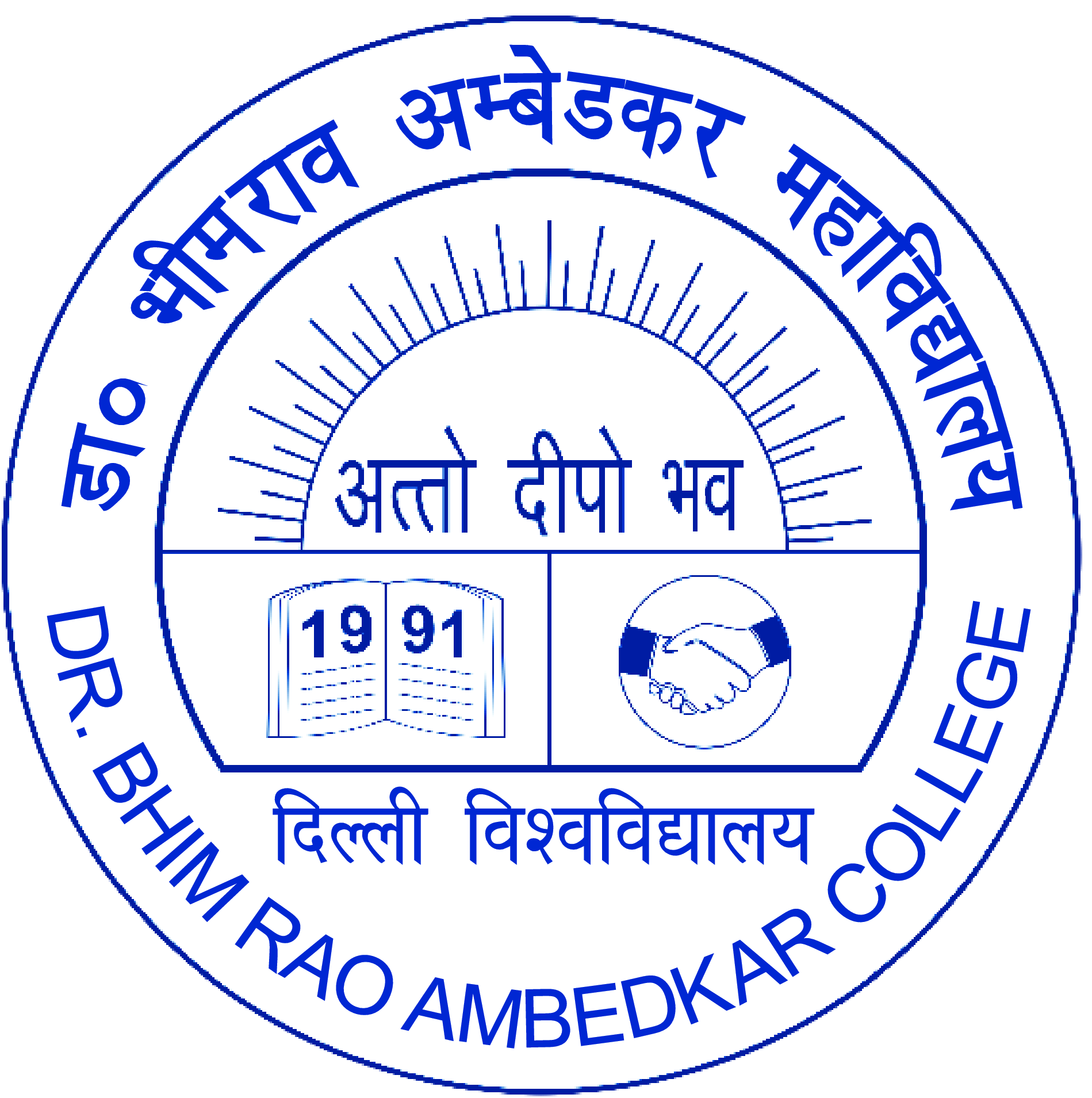Political Economy Of Colonial And Post-Colonial India
Publication details: Primus Books 2022Description: HB:575ISBN:- 9789355721808
- 338.954 R21
| Item type | Current library | Call number | Status | Date due | Barcode |
|---|---|---|---|---|---|
 Books
Books
|
DRBRAC Library | 338.954 R21 (Browse shelf(Opens below)) | Available | 45270 |
Browsing DRBRAC Library shelves Close shelf browser (Hides shelf browser)
The Political Economy of Colonial and Post-Colonial India analyses critical aspects of the political economy of the colonial and the post-colonial period and focuses on the debates on the transition from one to the other. This book discusses the Great Divergence, where Britain’s shooting forward was predicated upon the devastation of the colonial economy. It highlights some of the instruments used for achieving the subjugation of the Indian economy, such as British fiscal and monetary policy and particularly the Reserve Bank of India. A major contribution of this work is the study of the politics of the two basic contending classes—the capitalist class and the working class as represented by the Left. It is this that determined which class perspective exercised ideological hegemony or influence over the national movement and, consequently, over the post-colonial Indian state. An examination of the Indian national movement’s ‘idea of India’, implemented by the post-colonial Indian state led by Jawaharlal Nehru, forms a core theme of the book. It also discusses Indira Gandhi’s contribution to shaping the Indian economy during extremely challenging times, her taking the Nehruvian path to its logical conclusion and then initiating the shift to economic reform. Tackling another crucial theme, this work discusses at length the growing challenge of perhaps the longest lasting legacy of colonialism—religious communalism—which threatens the ‘idea of India’ and India’s integrity today.
Read less

There are no comments on this title.